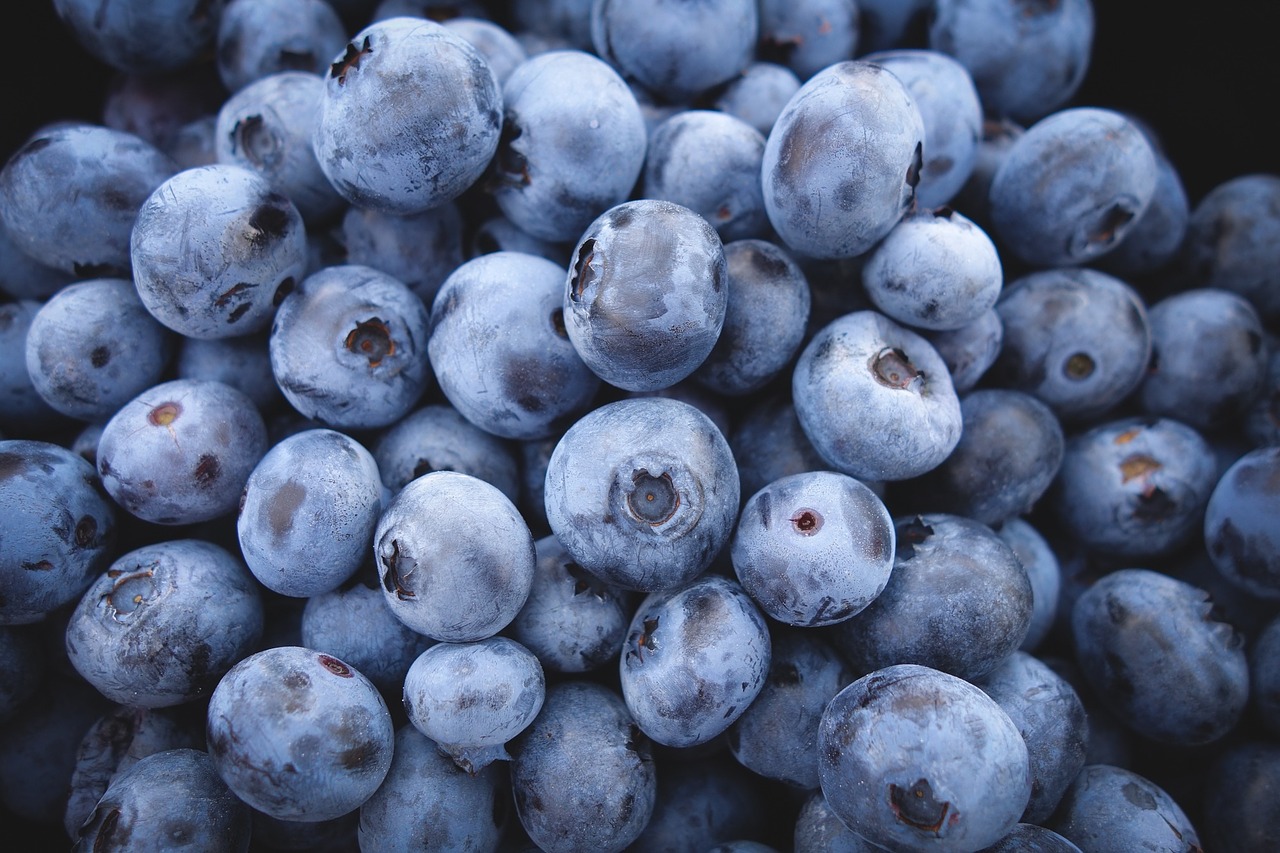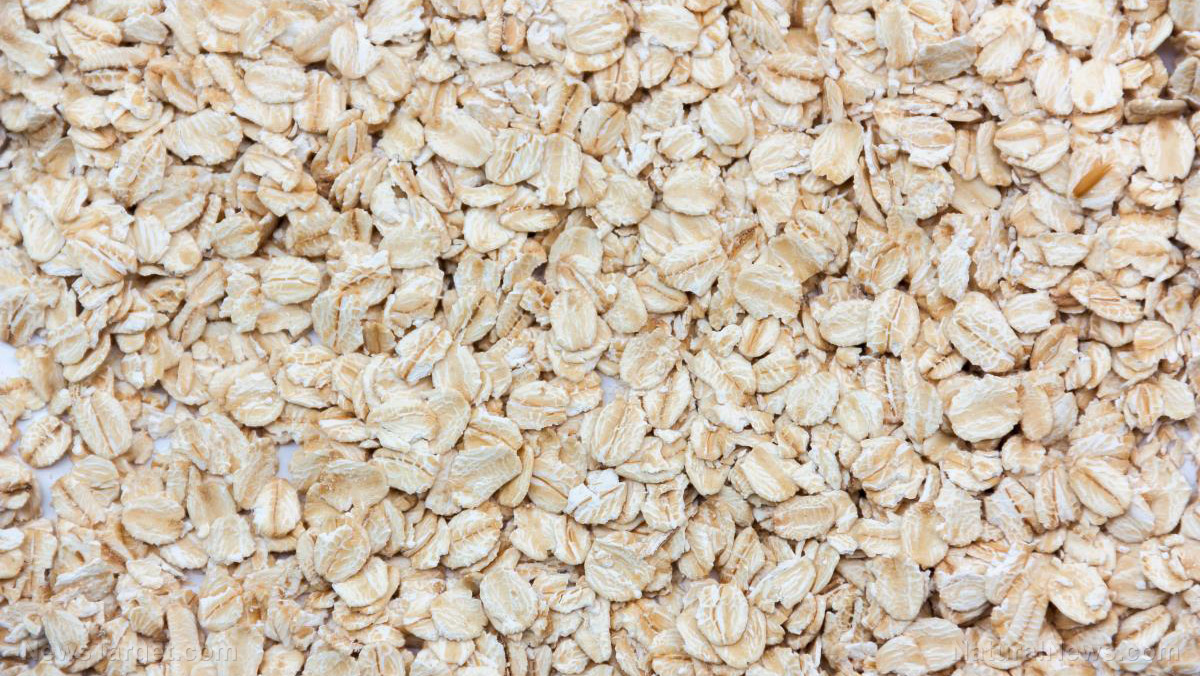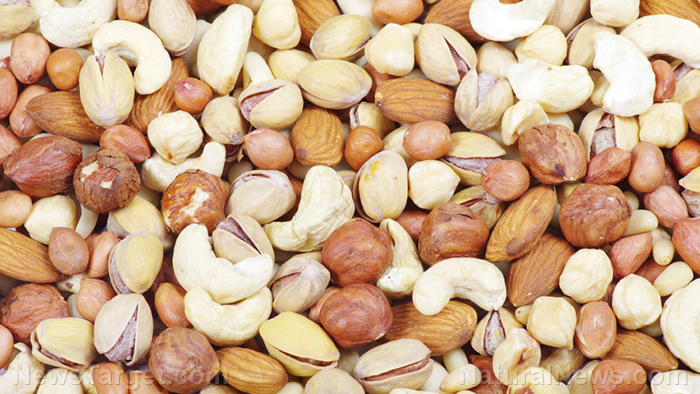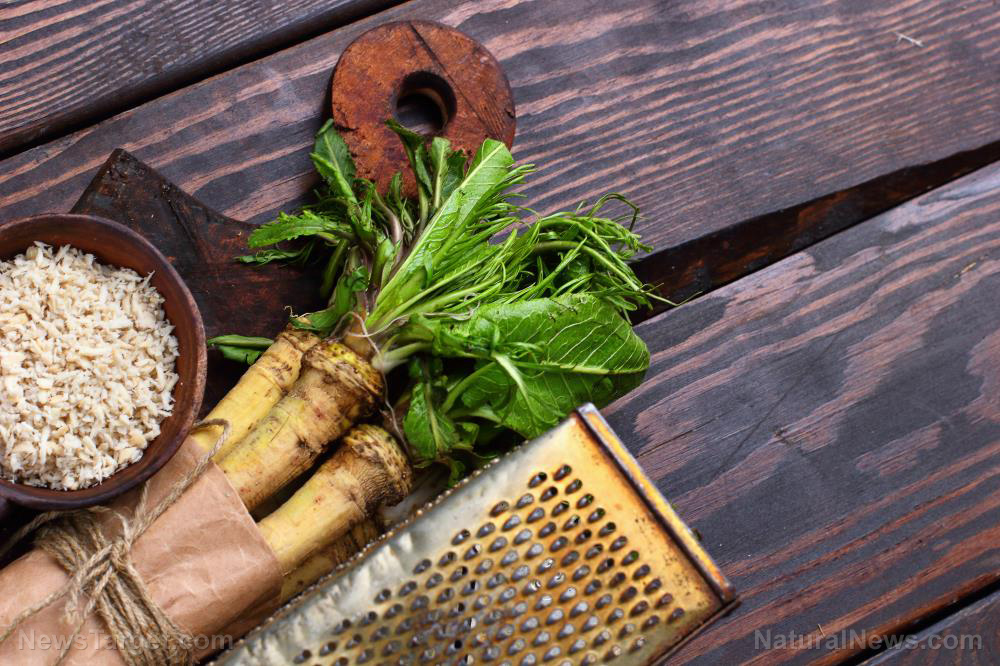Incredible study reveals polyphenols in blueberries INCREASE physical activity and REDUCE body weight gain in animal subjects
11/12/2019 / By Darnel Fernandez

Blueberries are nutritious, indigo-colored berries that are often labeled as a superfood. This is because of their high antioxidant content, which allows them to provide a variety of health benefits, which include regulating blood pressure and improving brain health. In a recent study, researchers found that certain compounds in blueberries can help increase physical activity and reduce weight gain.
Researchers from the Laval University in Quebec observed the effects of polyphenols — phytonutrients found in many plant-based foods — in obese mice. They discovered that mice supplemented with proanthocyanidins not only experienced reduced body weight gain, they also became more physically active.
The researchers presented their findings at the Berry Health Benefits Symposium which was held early this year in Portland.
A discovery ‘never seen before’
One of the goals of the study was to pinpoint which polyphenols in blueberries are responsible for the berries’ positive effects on metabolism. To achieve this, the researchers gave mice a high fat, high sugar diet to induce obesity. Then, they separated the mice into different groups. One group received whole blueberry powder, which contained all the polyphenols, fiber, and other nutrients found in blueberries.
Meanwhile, other groups were given specific compounds isolated from blueberries. One group received anthocyanins, a type of flavonoid responsible for the vibrant coloring of red, purple, and blue plants, while another group received proanthocyanidins, another class of polyphenols that are known for their many health benefits.
The researchers then compared changes in these groups with a control group and a group given the obesity-inducing diet without supplementation.
“What we saw was that [one] the proanthocyanidins groups, they [experienced] a reduced body weight gain, and we also saw that these mice were more physically active,” said co-author Arianne Morissette in an article from NutraIngredients-USA.
Morissette noted that this finding was something they’ve never seen in literature before because polyphenols are not known to increase physical activity. The researchers believe that these results can help the sports nutrition industry in product development.
The researchers also observed the effects of polyphenols on the gut microbiota of mice. Based on the results of oral glucose tolerance test, they found that rats supplemented with the anthocyanins and proanthocyanidins had reduced insulin secretion. The researchers saw the same effects when they transferred the feces of these mice to sterile mice.
“We’re going to try to make associations with the health outcomes that we have seen to look at how the diet will have an effect on the genes and on the function [of] the microbes, and how this can have an effect on the host metabolism,” said Morissette.
Other benefits of blueberries
The Laval study investigated only one of the many health benefits blueberries can offer. According to data from the U.S. Department of Agriculture, these berries are rich in vitamins C, K, and B6, and minerals like manganese and potassium, making it an exceptionally healthy fruit to snack on or add to a smoothie. Other reasons for you start eating blueberries include:
- They are rich in antioxidants. According to a study published in the Journal of Agricultural and Food Chemistry, blueberries have one of the highest cellular antioxidant activity among common fruits. These antioxidants help protect your body from DNA damage caused by free radicals.
- They help protect your skin. Protection from free radicals owing to their high vitamin C content make blueberries a vital food in skin care. Vitamin C plays a role in collagen build-up, which could help reduce wrinkles and prevent skin sagging.
- They regulate blood pressure. Blueberries can also benefit people who have high blood pressure. A study published in The Journal of Nutrition found that blueberries can improve blood pressure in people who have a high risk of heart disease. (Related: Blueberries: superfood for the heart.)
- They support brain health. In a review published in Neural Regeneration Research, researchers looked at the protective effects of berries against neurodegenerative diseases like Alzheimer’s disease and Parkinson’s disease. They found that blueberry supplementation can enhance memory and motor performance in aged animals. They also observed that anthocyanins can be found in parts of the brain responsible for cognitive function after consumption of blueberries.
Blueberries are packed with nutrients and health benefits, making them great additions to a healthy diet. To learn more about other foods you should be eating, visit Superfoods.news.
Sources include:
Tagged Under: alternative medicine, anti-obesity, antioxidants, Blueberries, brain health, fightobesity, food cures, food is medicine, functional food, gut microbiota, heart health, natural cures, natural medicine, physical activity, phytonutrients, prevention, skin care, weight loss
RECENT NEWS & ARTICLES
FoodIsMedicine.com is a fact-based public education website published by Food Is Medicine Features, LLC.
All content copyright © 2018 by Food Is Medicine Features, LLC.
Contact Us with Tips or Corrections
All trademarks, registered trademarks and servicemarks mentioned on this site are the property of their respective owners.



















